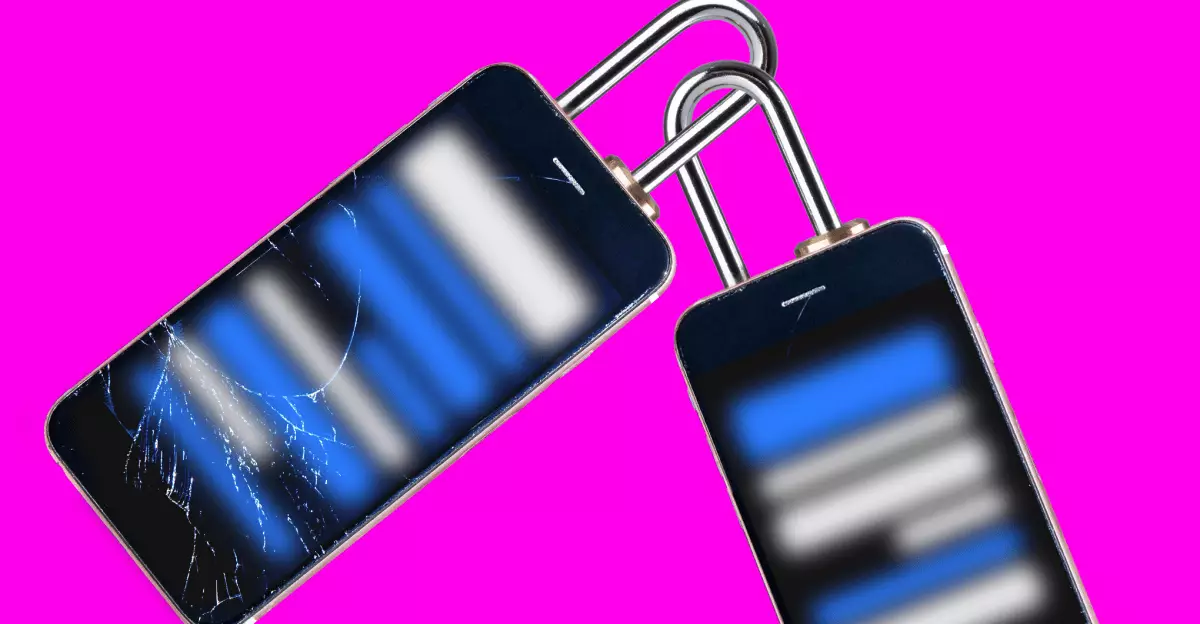In an era where data breaches and government surveillance have become endemic, the significance of end-to-end encryption cannot be overstated. Apple’s steadfast defense of user privacy exemplifies a broader philosophical stance: that individuals must retain control over their personal information. The recent developments revealing the UK’s reversal of its demands for backdoor access signals a pivotal moment—affirming that encrypted data remains a critical frontier in safeguarding civil liberties. It underscores a commitment to empowering users rather than enslaving them under government oversight, reinforcing the idea that privacy is a fundamental human right in the digital age.
Government Overreach and the Threat to Civil Liberties
Historically, governments have viewed encryption as a roadblock in their law enforcement pursuits. The UK’s attempt to compel Apple to create a backdoor strikes at the core of this conflict. Such mandates threaten to erode the trust between technology providers and consumers, setting dangerous precedents for surveillance states. The US’s diplomatic intervention, with its emphasis on protecting constitutional rights, exemplifies an essential resistance against overreach. This conflict isn’t just about one company or one nation; it’s a broader confrontation over where the boundaries of privacy lie and who gets to control personal data in a connected society.
The Shift Toward Digital Sovereignty
Apple’s victory in this saga symbolizes a larger shift towards digital sovereignty—a recognition that technology companies must maintain agency over their security protocols. The UK’s initial push for access to encrypted data laid bare a troubling inclination toward sacrificing individual rights for perceived security benefits. However, the US’s diplomatic pressure, rooted in legal frameworks like the CLOUD Act, helped restore the balance. This outcome sends a powerful message: the protection of data integrity and user privacy cannot be sacrificed on the altar of government demands, especially when such demands threaten international agreements and civil liberties.
Implications for the Future of Encrypted Services
The prospect of Apple restoring its Advanced Data Protection service in the UK is more than just a commercial decision; it is a statement about the unstoppable momentum of privacy rights. As governments continue to grapple with the challenge of ensuring security without compromising individual freedoms, this case may serve as a blueprint for other nations to reconsider their approaches. Ultimately, it highlights a vital truth: responsible technology companies have a duty to uphold privacy and resist unjust regulations that threaten core democratic values.
Final Reflection: A Victory for Privacy-First Innovation
While the dust has yet to settle, this episode exemplifies how unwavering commitment to civil liberties can influence policy on a global scale. Apple’s position—standing firm against government intrusion—sets an empowering precedent, reaffirming that users’ rights should never be secondary to state interests. It’s a reminder that in the fight between security and privacy, the scales can and should tip in favor of individual rights. The future of digital privacy depends on such resilient standpoints, shaping a world where technology serves people, not governments seeking control.

